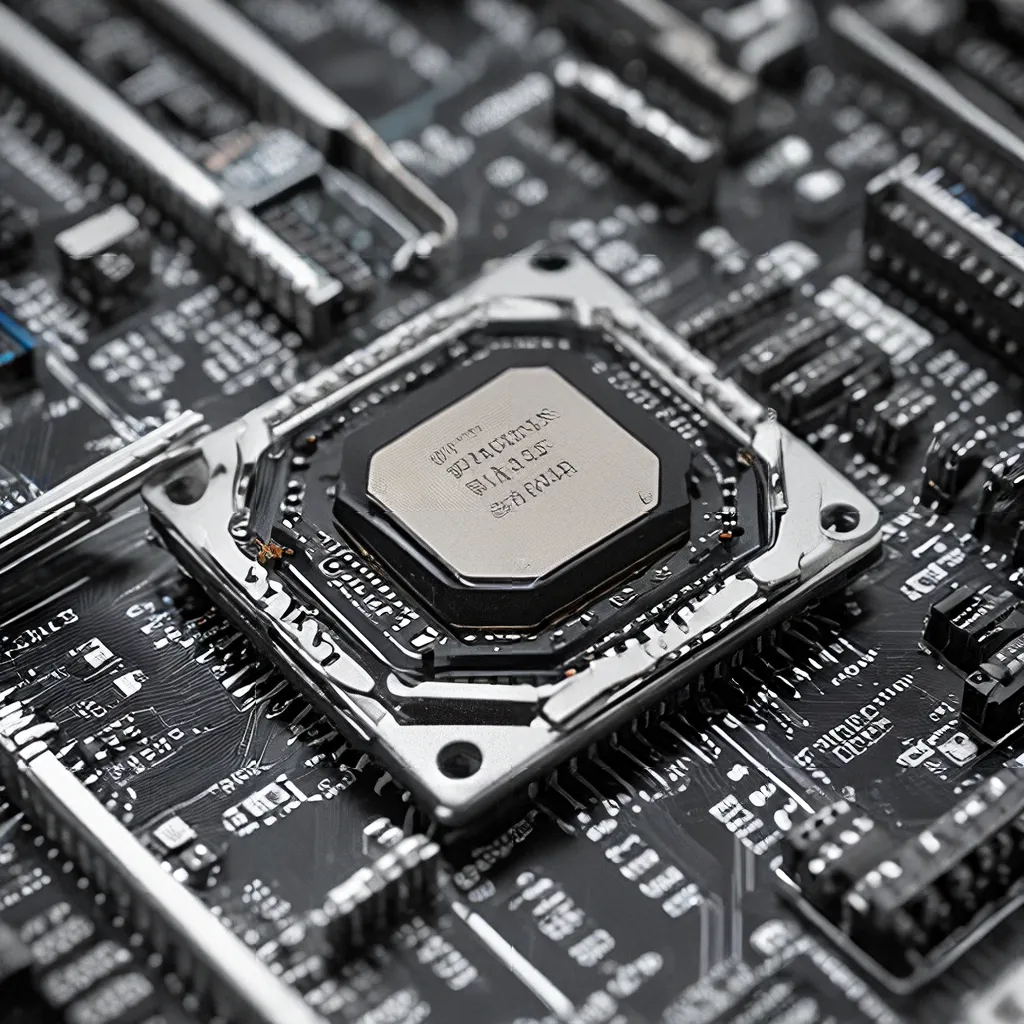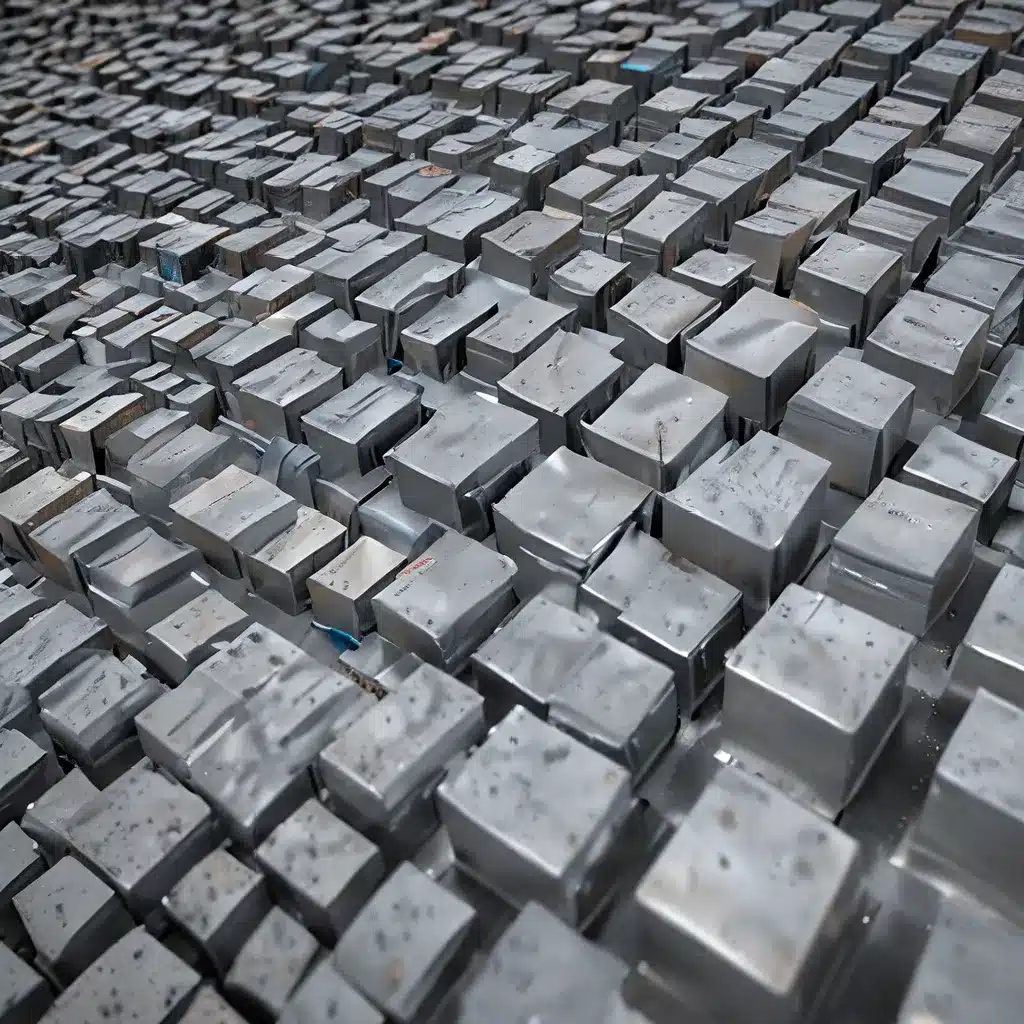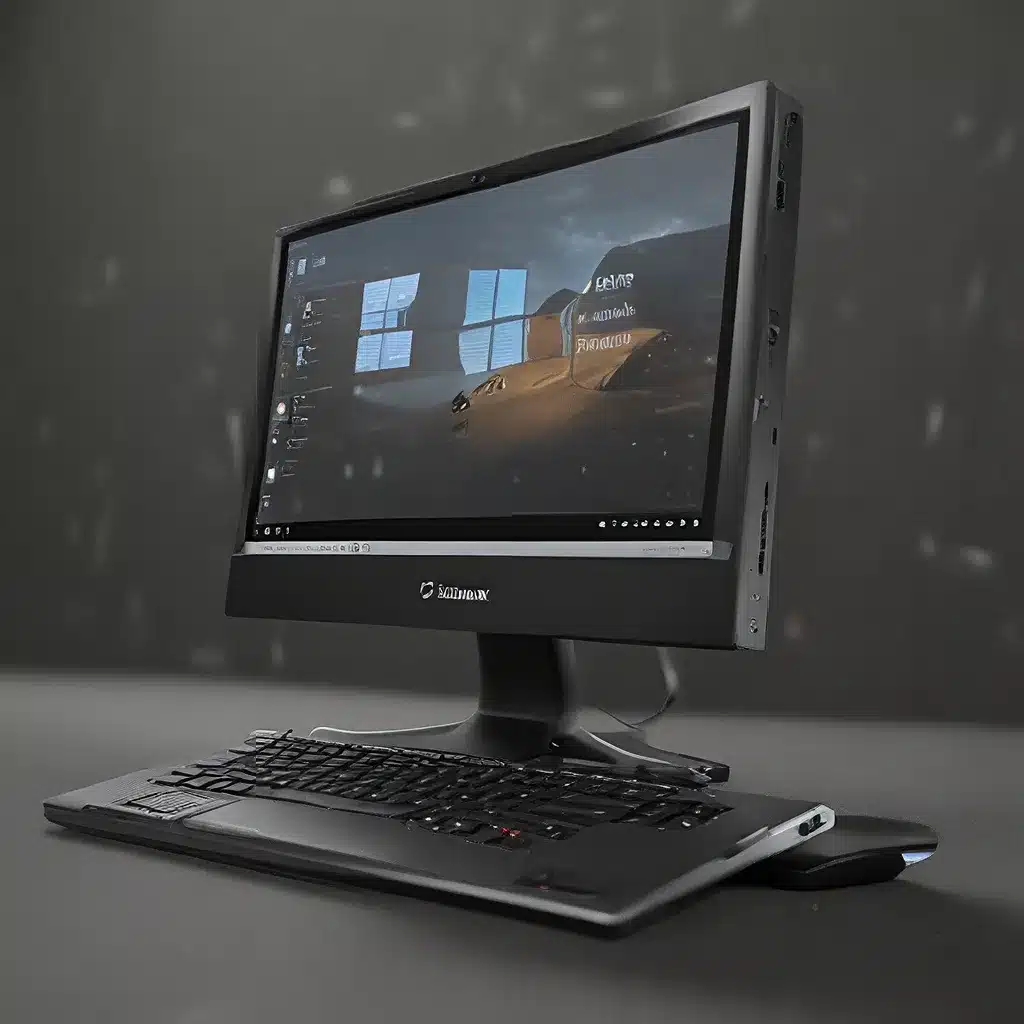The Great GPU Showdown
As a UK-based computer repair technician, I’ve seen it all – from ancient desktops wheezing along on integrated graphics to lightning-fast gaming rigs equipped with the latest GPU technology. And when it comes to creative workloads like video editing, color grading, and 3D modeling, the GPU can make all the difference between a silky-smooth experience and a sluggish, agonizing slog.
But here’s the million-dollar question: when it comes to creative apps, should you go with CUDA or OpenCL? It’s a battle that’s raged on for years, with die-hard fans on both sides holding strong opinions. Well, buckle up, because I’m about to dive deep into the nitty-gritty and help you make the best decision for your setup.
The CUDA Conundrum
Now, CUDA is NVIDIA’s proprietary GPU acceleration platform, and it’s long been the go-to choice for creative professionals. The reasoning is simple – NVIDIA GPUs tend to outshine the competition when it comes to tasks like video encoding, 3D rendering, and color correction. [1] And with a robust ecosystem of CUDA-enabled apps and plugins, it’s a platform that’s incredibly well-supported.
But here’s the catch – CUDA is locked to NVIDIA hardware. That means if you want to take advantage of those sweet, sweet CUDA cores, you’re stuck with an NVIDIA GPU. And let me tell you, those things don’t come cheap. We’re talking about potentially hundreds of pounds for a high-end card that can handle your workloads.
The OpenCL Enigma
Enter OpenCL, the open-source alternative to CUDA. Developed by the Khronos Group, OpenCL is a cross-platform standard that can harness the power of not just GPUs, but CPUs and even dedicated accelerators like FPGAs. [2] In theory, this means you’ve got a lot more flexibility when it comes to hardware choices.
And here’s where things get interesting – OpenCL performance can actually rival or even outshine CUDA in certain scenarios. For example, I once did a little experiment on my MacBook Pro, comparing CUDA, OpenCL, and CPU-only rendering in Adobe Premiere. [3] Much to my surprise, the OpenCL implementation was the clear winner, delivering significantly faster render times than CUDA. Of course, your mileage may vary, and a lot depends on the specific hardware and workload involved.
The Great Compatibility Conundrum
One potential downside of OpenCL is that, well, it’s not as widely adopted as CUDA. While more and more creative apps are adding OpenCL support, CUDA still reigns supreme in many of the industry’s most popular tools. [4] So if you’re working in a heavily CUDA-centric environment, you might find yourself a bit limited in your hardware choices.
That said, the tides are starting to turn. Newer GPUs, especially from AMD, are packing some seriously impressive OpenCL firepower. And with the rise of cross-platform APIs like Vulkan, we might start to see OpenCL gain even more ground in the years to come.
The Verdict: CUDA vs OpenCL
So, what’s the verdict? Honestly, there’s no clear-cut answer. It really depends on your specific needs, your budget, and the software you use on a daily basis. If you’re working in a CUDA-heavy environment and can afford the premium price tag, then NVIDIA is probably your best bet. But if you’re open to exploring OpenCL, you might be surprised by the performance you can squeeze out of a more budget-friendly GPU.
Ultimately, the choice is yours. But whatever you do, make sure you do your research, benchmark your workloads, and don’t be afraid to experiment. After all, that’s half the fun of this whole PC building thing, right? Happy hunting, my fellow tech enthusiasts!
[1] Knowledge from https://forum.blackmagicdesign.com/viewtopic.php?f=36&t=129887
[2] Knowledge from https://stackoverflow.com/questions/12332609/opencl-for-gpu-vs-fpga
[3] Knowledge from https://community.adobe.com/t5/premiere-pro/shock-result-opencl-vs-cuda-vs-cpu/td-p/7354875
[4] Knowledge from https://community.adobe.com/t5/premiere-pro/how-do-i-enable-cuda-gpu-acceleration/td-p/8003382













